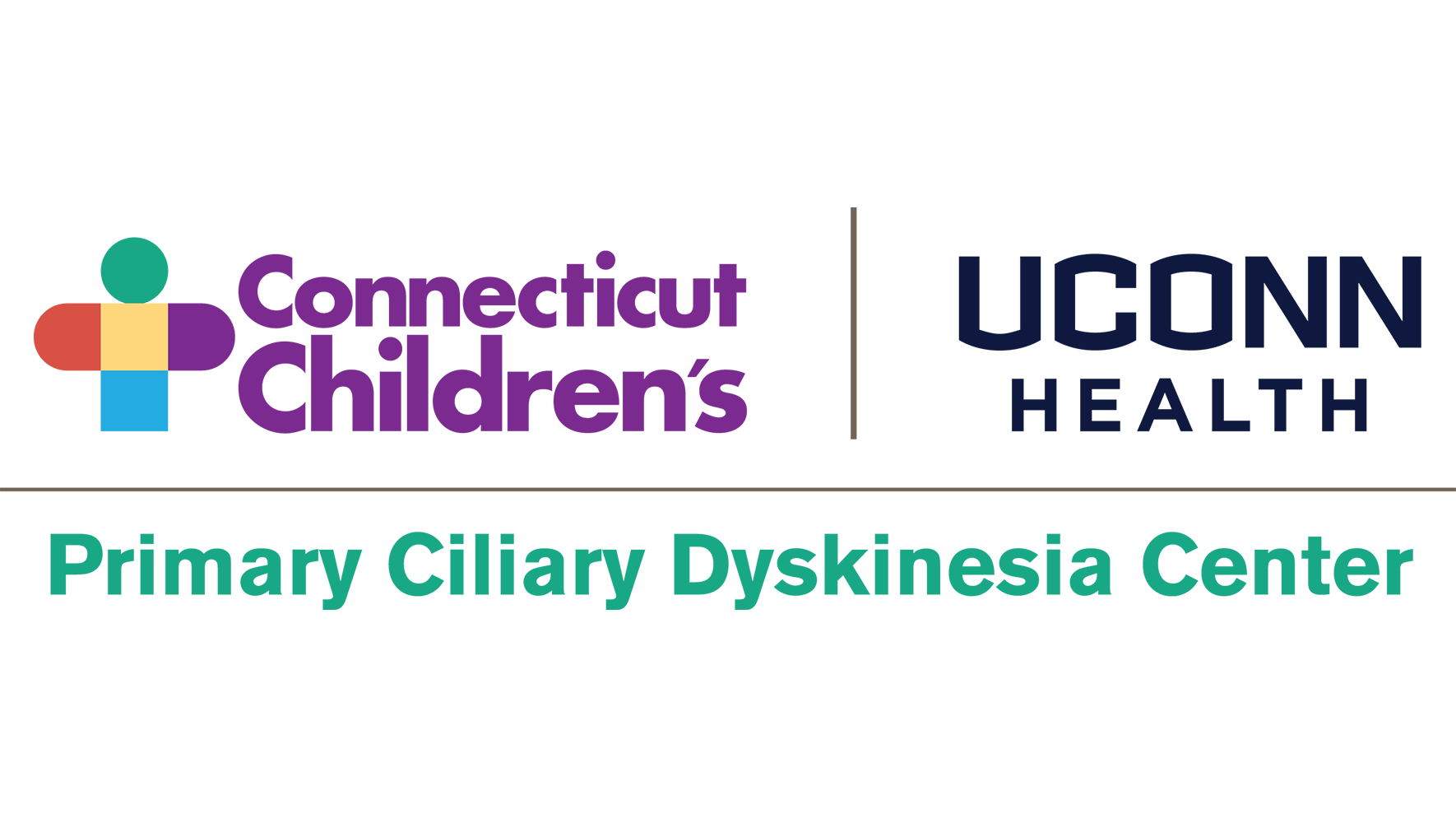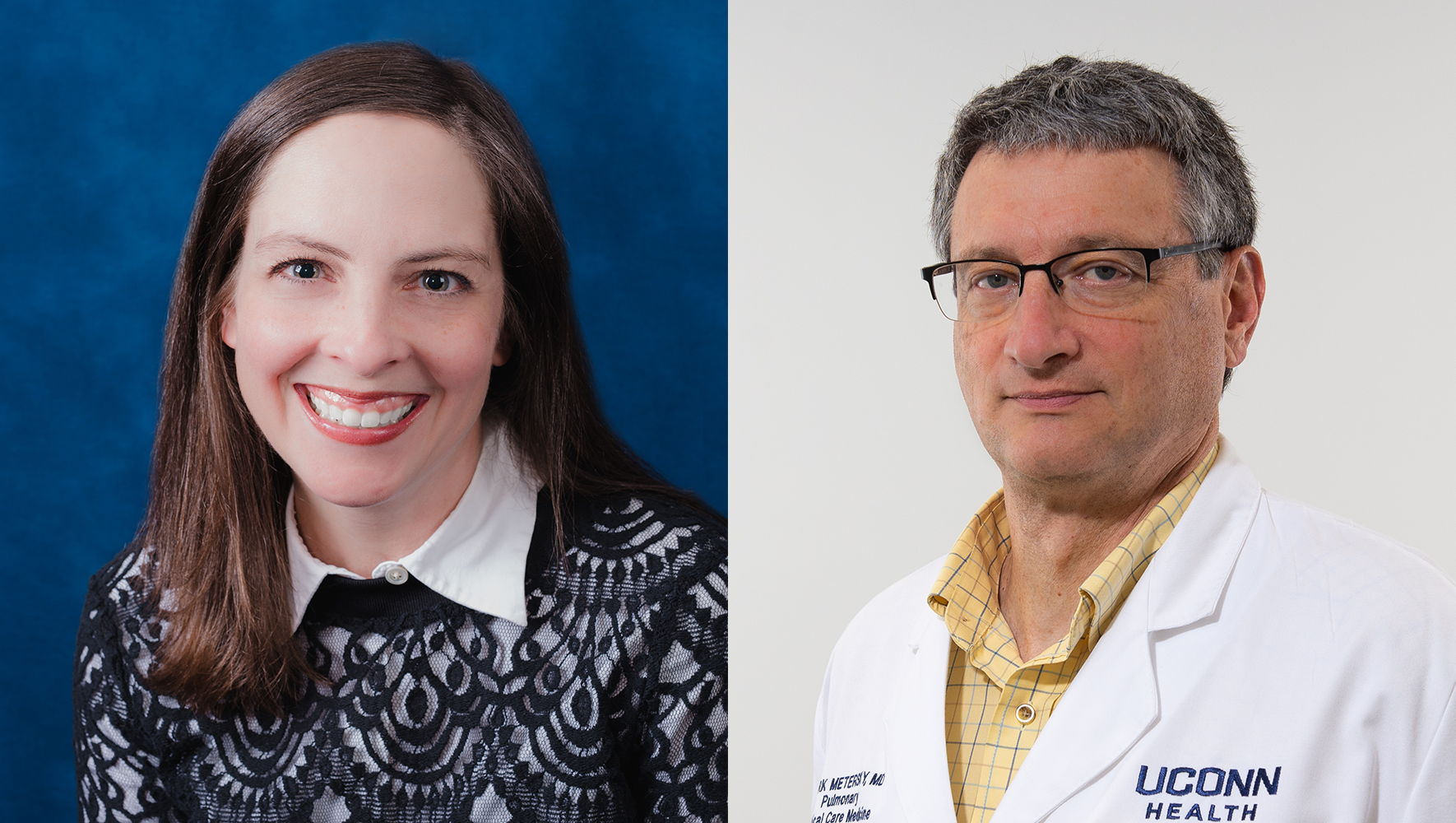"PCD is often under-recognized and misdiagnosed, leading to delays in treatment," said Dr. Melanie Collins, Co-Director of the PCD Center at Connecticut Children's. "Our center aims to improve awareness and provide specialized care to patients with PCD, ensuring early diagnosis and effective management."
“Because primary ciliary dyskinesia affects multiple parts of the body, it requires expert collaborative multidisciplinary care,” explained Dr. Mark Metersky, Co-Director of the PCD Center at UConn Health. “Although rare, the disease is now being recognized more frequently due to the availability of more accurate testing.”
The PCD Center is committed to inclusivity and aims to address disparities in diagnosis and treatment. "PCD can be found in patients of all races and ethnicities-in fact if you look at genetics, we should be diagnosing more patients with PCD," explained Dr. Collins. "Our goal is to increase awareness and access to care for all individuals with PCD, regardless of race or ethnicity, and we are actively evaluating new patients. We are committed to outstanding patient education to ensure our patients and families understand PCD and the latest medications available."
The center is equipped with state-of-the-art technology, including a nasal nitric oxide machine funded by the Walden W. & Jean Young Shaw Foundation, which aids in the diagnosis of PCD. Additionally, advanced genetic testing is available to provide accurate diagnoses and personalized treatment plans. Both the pediatric and adult center sites are engaged in high-level pulmonary research, and all eligible patients are enrolled in the US Bronchiectasis Research Registry (BRR) and the national PCD Registry tracking PCD nationally to advance scientific knowledge and research.
As part of the PCD Foundation Clinical and Research Centers Network, both adult and pediatric team members participate in monthly multidisciplinary conference calls with PCD centers across the nation to allow for collaboration, introduction to new research protocols and clinical case presentations. Furthermore, Dr. Collins has been designated as one of the co-leaders of the PCD Foundation Education Committee.
“Together, UConn Health and Connecticut Children’s are transforming PCD diagnosis, patient care, and research,” says Dr. Metersky. “The future is here. We are prepared to launch clinical trials to find a cure for PCD, including offering the first gene-based therapy for the disease.”

